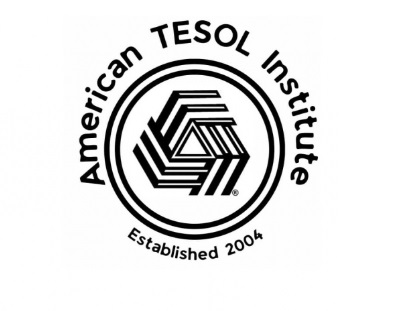Use a variety of learning materials and teaching aids in a TESOL classroom focusing on a balance of traditional resources and technology-enhanced options. Here’s a breakdown:
Traditional Materials:
- Whiteboard/Chalkboard: Indispensable for explanations, brainstorming, drills, and quick visuals.
- Flashcards: Versatile for introducing vocabulary, drilling grammar forms, and playing games.
- Realia: Everyday objects (food packaging, maps, menus, etc.) bring authenticity and make learning more relatable.
- Picture Books & Readers: Graded readers and beautifully illustrated books provide comprehensible input and a springboard for discussions.
- Worksheets: Useful for targeted practice, but shouldn’t be overused.
Technology-Enhanced Aids:
- Language Learning Apps: Offer interactive exercises, games, and progress tracking (Duolingo, Memrise, etc.).
- Online Dictionaries and Thesauruses: Allow students to quickly check definitions, explore synonyms, and hear pronunciation.
- Educational Videos (YouTube, etc.): Introduce topics, provide authentic listening input, and offer visual support for vocabulary.
- Interactive Whiteboard: Combines traditional whiteboard functionality with digital tools for multimedia presentations, games, etc.
- Document Camera/Visualizer: Projects images, student work, or small objects for the whole class to see.
Key Considerations:
- Student Needs: Tailor materials to the age, proficiency level, interests, and learning styles of the students.
- Variety: Use a mix of resources to prevent boredom and address different learning styles.
- Purposeful Use: Integrate technology strategically; it should enhance learning, not replace teacher interaction.



